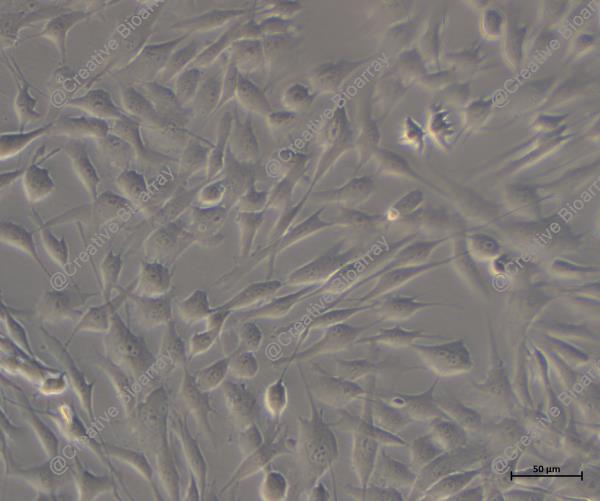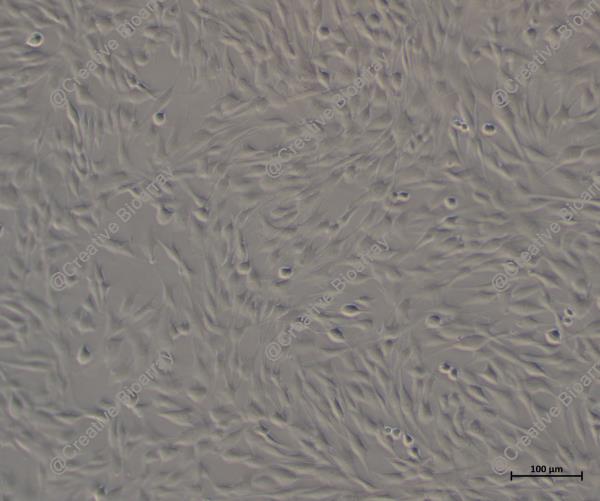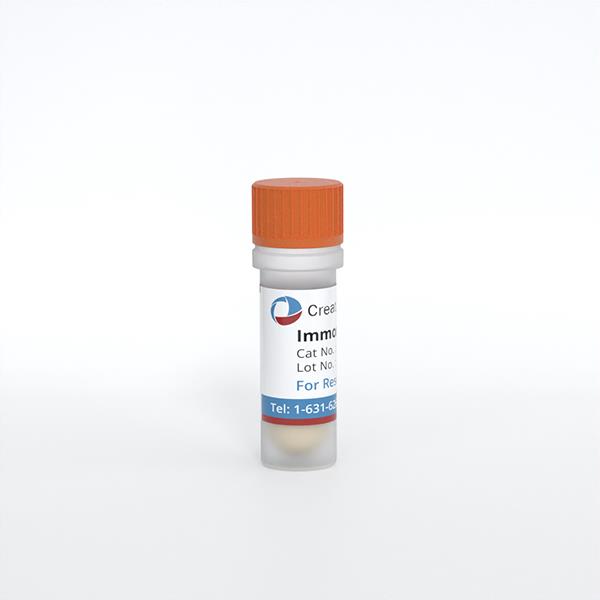Description
Primary human colonic epithelial cells were isolated and transfected with full-length human telomerase reverse transcriptase (hTERT) and CDK-4 expressing lentiviral particles. As colon epithelial cells are targets for disease development, the immortalized human colonic epithelial cells can be used in the study of processes involving colon epitheliall cells.
Recommended Medium
SuperCult® Immortalized Human Colonic Epithelial Cell Medium (Cat No.: CM-I1915Z)
Freezing Medium
Complete medium supplemented with 10% (v/v) DMSO
Culture Properties
Adherent
Immortalization Method
SV40 large T antigen and CDK-4
Applications
For Research Use Only
Growth Properties
Cells are cultured as a monolayer at 37°C in a humidified atmosphere with 5% CO2.
Storage and Shipping
Directly and immediately transfer cells from dry ice to liquid nitrogen upon receiving and keep the cells in liquid nitrogen until cell culture needed for experiments.
Note: Never can cells be kept at -20°C.
Citation Guidance
If you use this products in your scientific publication, it should be cited in the publication as: Creative Bioarray cat no.
If your paper has been published, please click here to submit the PubMed ID of your paper to get a coupon.
What are Immortalized Human Colonic Epithelial Cells?
These are human colonic epithelial cells that have been immortalized to enable continuous proliferation while maintaining essential characteristics of normal colonic epithelial cells. They serve as a robust model for studying various aspects of intestinal biology and disease.
What research applications are Immortalized Human Colonic Epithelial Cells suitable for?
These cells are versatile and can be used in several research areas, including:
Gastrointestinal physiology and pathophysiology.
Colorectal cancer studies.
Drug absorption and metabolism research.
Intestinal barrier function and permeability studies.
Investigations of inflammatory bowel diseases (IBD).






